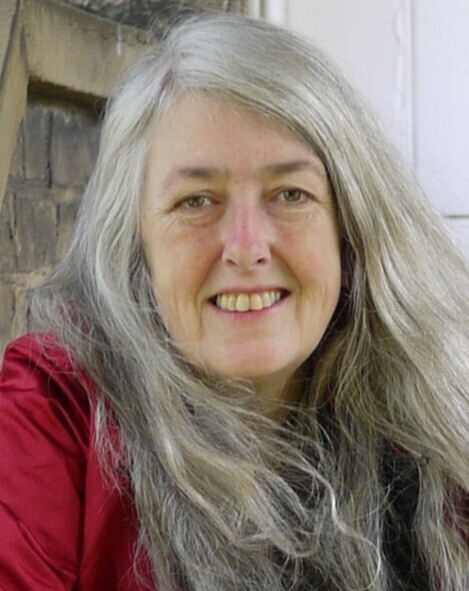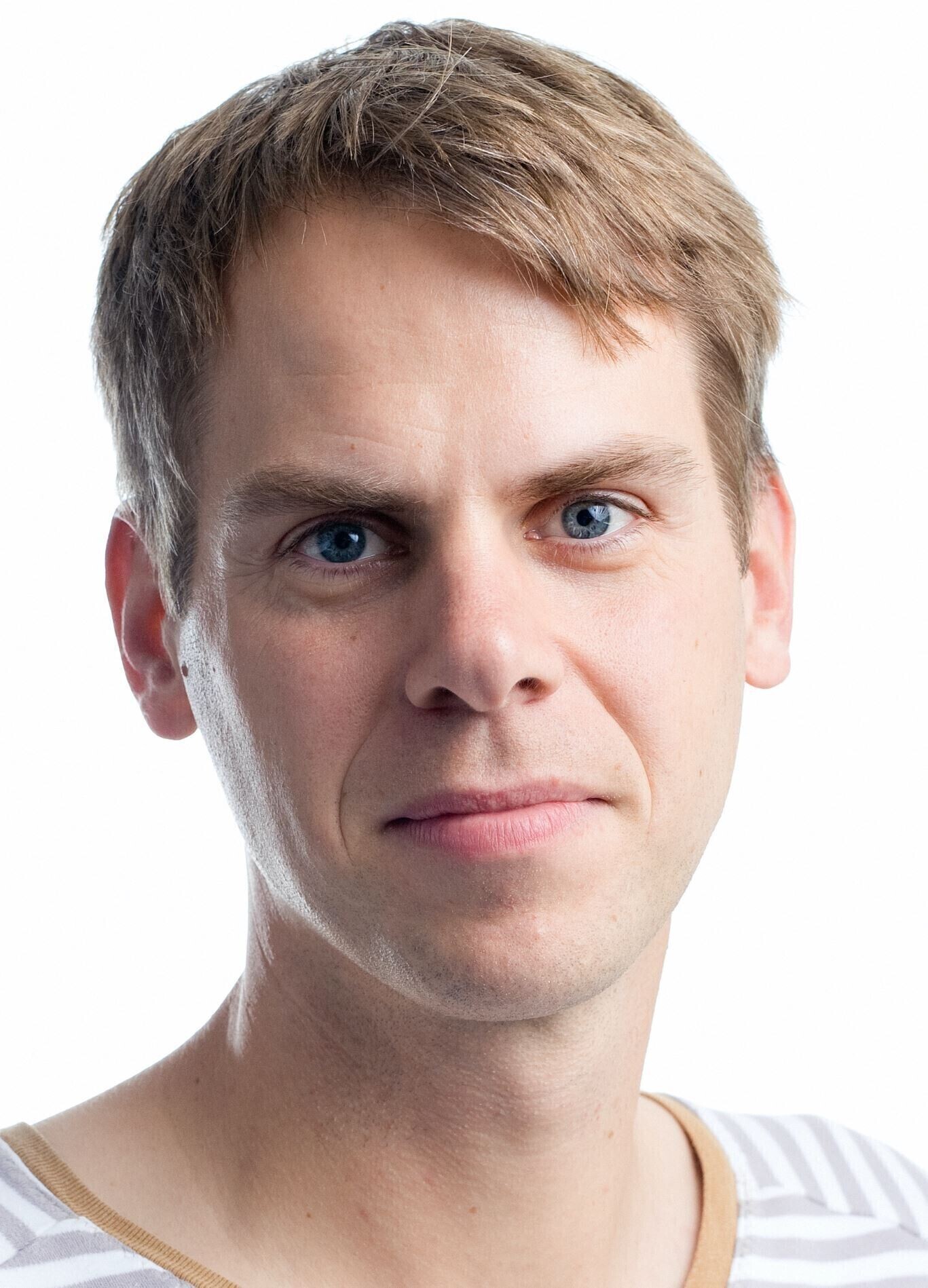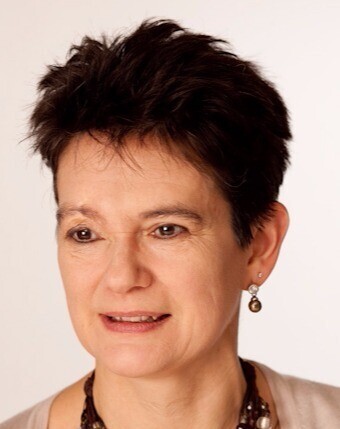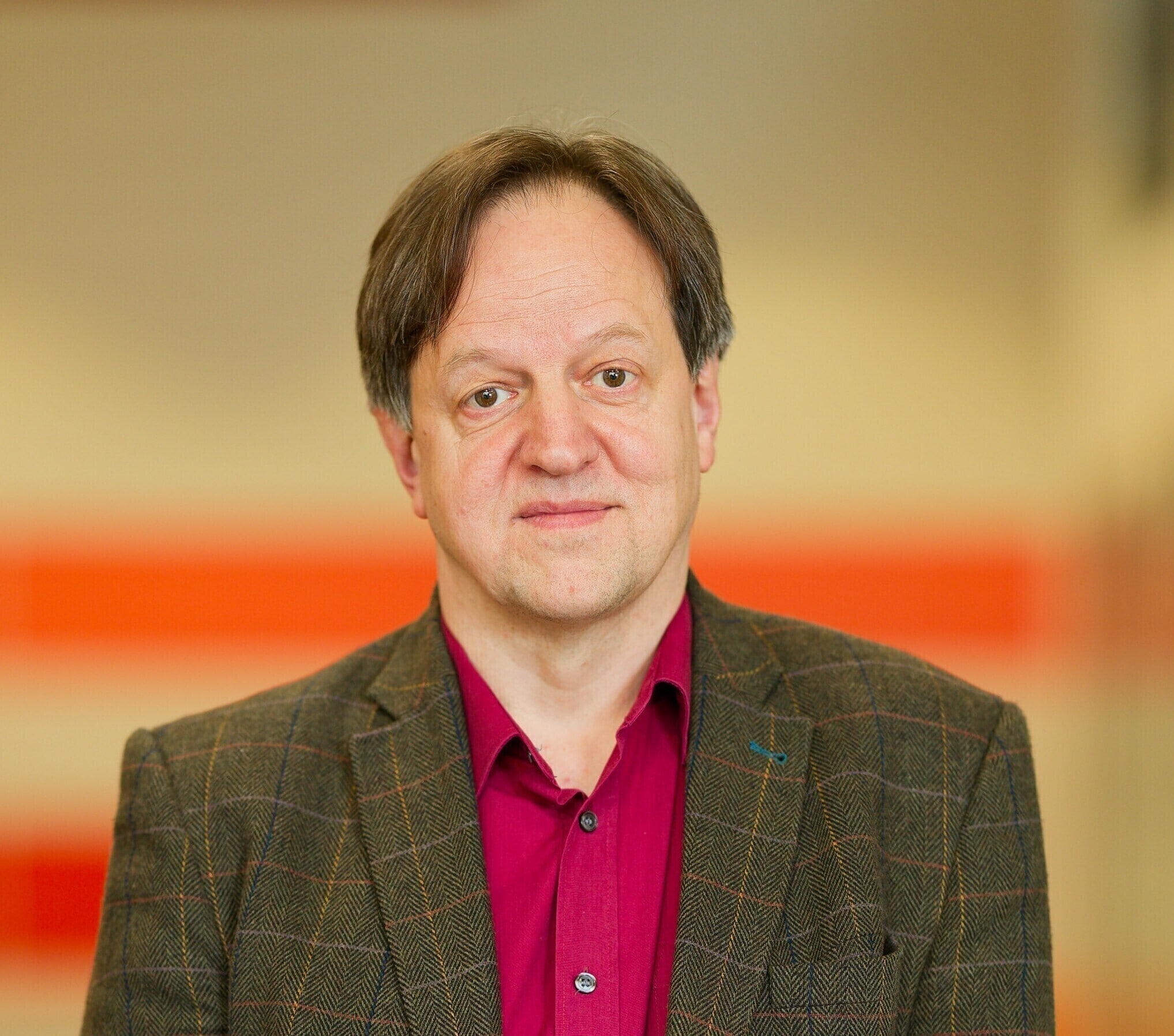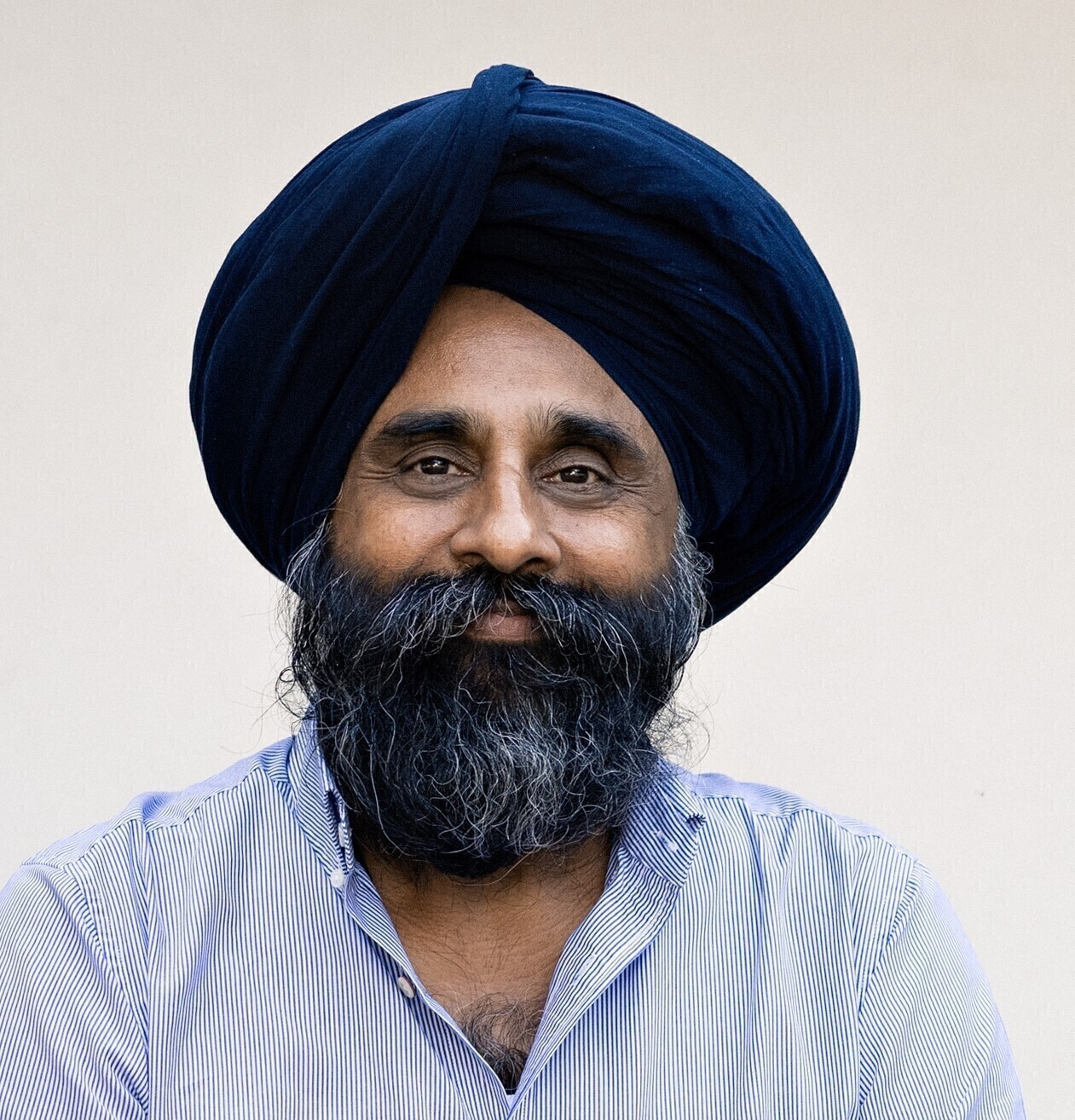
Circular Transformation of Industries: The Art of Scaling Circular Supply Chains
Circular Transformation of Industries: The Art of Scaling Circular Supply Chains 2025 proposes strategies to cultivate circularity across sectors.
Founded in 1209, the University of Cambridge is one of the world’s oldest and most prestigious centres of learning and research. Comprising 31 colleges and over 150 departments, it offers programmes across the humanities, social sciences, sciences, engineering and medicine. Cambridge’s global reputation for excellence reflects the intellectual distinction of its students and the groundbreaking research of its faculty. As a self-governing community of scholars, the university fosters innovation, critical inquiry and leadership, contributing to scientific discovery, cultural understanding and societal advancement worldwide.
Circular Transformation of Industries: The Art of Scaling Circular Supply Chains 2025 proposes strategies to cultivate circularity across sectors.
The Future of Global Fintech: From Rapid Expansion to Sustainable Growth – Second Edition
Businesses across industries increasingly recognize the potential of circularity to create value through revenue growth, increased resilience, sustainability and cost reduction. The perce...
United for Net Zero: Public-Private Collaboration to Accelerate Industry Decarbonization 2025 explores how businesses can overcome these barriers and accelerate the transition to net zero...
Unveiling the transformative potential of circularity in industry, this white paper delves into the vital role of partnerships as a fundamental catalyst to pave the way for a sustainable,...
Scope 3 emissions, which account for more than 70% of industries’ greenhouse gas (GHG) emissions, represent a critical challenge. This white paper serves as a practical roadmap for busine...
With an ever-changing landscape in the global economy, industrial companies are forced to rethink their use of resources and their contribution to economic growth. Circular transformation...
The World Economic Forum, in collaboration with the University of Cambridge’s Industrial Innovation Policy Group, and the United Nations Industrial Development Organization, has identifie...
The World Economic Forum’s Target True Zero coalition was formed to understand how the development and deployment of new forms of aviation propulsion, such as those powered by batteries o...













